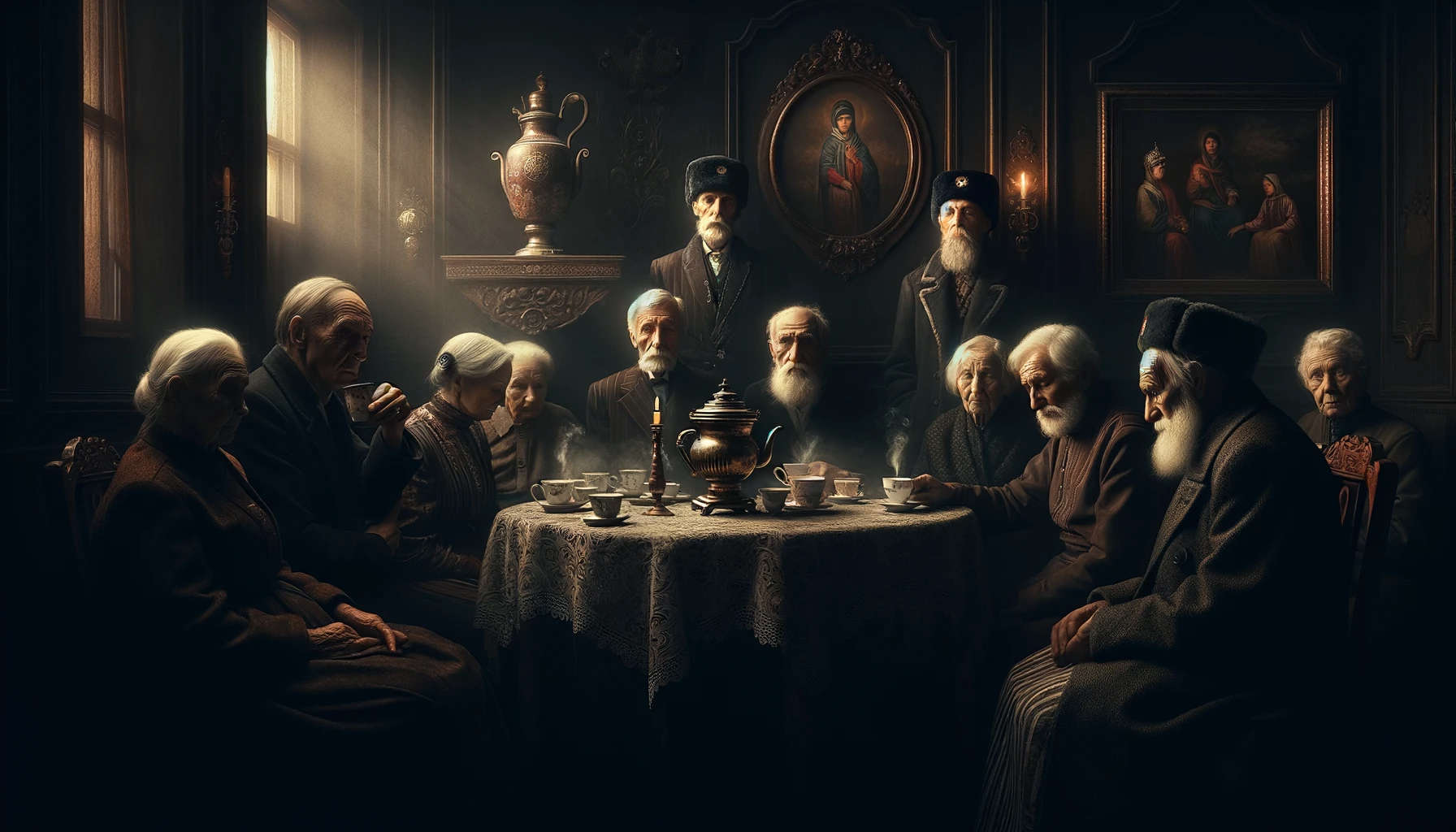Low Birth Rates and High War Deaths
Wrong Side of History (Ed West)†:
It’s hard to imagine but back in the 1970s one of the most-read books was Paul R. Ehrlich’s The Population Bomb, which contained the alarming claim: ‘The battle to feed humanity is over. In the 1970s the world will undergo famines — hundreds of millions of people are going to starve to death.’
It now appears that out-of-control population growth is something we don’t have to worry about too much. Nearly all countries that move from ‘developing’ to ‘developed’ see their birthing rate slow down and often their population actually starts to decline.
So, running out of food isn’t quite the problem we thought it would become. But what are the problems and side effects of an increasingly aged world?
There’s the obvious things of course. Cruise ships and business’ in the health care industry will see more sales and health issues like dementia will become a bigger problem. But it might effect war too:
Most wealthy countries have median ages of over 40, and middle-aged people don’t like starting fights. We have responsibilities and worries, our frontal-lobes have made us cautious, and our testosterone levels are in terminal decline.
In the 1930s, when Spain erupted into war, the median age was half of what it is now. In the early 1990s the median age in Bosnia was less than 30, while today it is over 40. When Lebanon’s civil war began the average Lebanese man would have been one of six children and three brothers. Today he is one of just two siblings. That is at least partly why recent political instability and financial crisis has not led to a repeat of the war. [Author Paul Morland] cites ‘studies of decade-long periods reveal that there is almost no civil war in countries where 55 per cent or more of the population is aged over thirty.’
‘While it cannot be said that youthfulness “causes” war,’ he writes, ‘or that maturity “causes” peace, a society’s age structure creates background conditions against which other things either do or don’t spark conflict.’
And what about the Russo-Ukrainian War that’s currently raging. How does ageing populations effect that? Well, the byline of the article is ‘why Russia can’t afford to spare its young soldiers anymore’, and the author says:
If the Russians turn out to have no stomach for this fight, it will probably be for the simple fact that the country does not have enough men to spare. The majority of those poor young men killed for Russia’s honour will be their mother’s only son, in many cases their only child…
Right now I think Russia does have plenty of young men left to sacrifice in this pointless – though relatively small-scale – war with Ukraine. But they will certainly run into real issues if the war drags on (which is likely) or expands in fronts and the ferocity of its fighting. Because it’s doubtless true that Russia can’t afford the long term consequences of losing too many young men in this war.
Russia has the worst of both worlds. They having an ageing population – their birth rate is lower than it was following WWII when they lost around 40% of their adult men. And Russian men also die young – 25% before the age of 55.
And the life expectancy of the men who do survive this war isn’t going to go up. They’ll likely come back not just with physical injuries that shortens their life, but also mental ones like PTSD too. One of the big reasons Russian men die young is their over-consumption of vodka†. And booze related deaths will go up even higher after the war, as ex-soldiers are more likely to suffer from alcoholism†.
So to summarise. Russia doesn’t have an abundance of young men. Those they do have are currently being sent to die in a war in increasing numbers. Those that survive the war will be too injured or drunk to work. And those that can work won’t have a job to go to due to the likely collapse of the Russian economy. Resulting in them – like their injured colleagues – also being more likely to die young, due to either vodka or suicide.
This war in Ukraine has already caused Russia to suffer enough economic sanctions that it will take them a generation or two to financially recover. But if you add to that a protracted war that will result in a large amount of deaths of their young men – men that aren’t being replaced by births – it’s likely to result in a total catastrophe that will take Russia close to a century to recover from – if ever.
Here’s a few other tidbits from the article† I found interesting:
In China… by 2050 there will be 150 million [people over the age of 80].
More than a quarter of major Japanese start-ups… involve care for the elderly.
Europeans once expressed alarm about encroaching dominance by the world of Islam, but most Arab countries now have moderate if not low fertility.
As fertility has declined, so various governments have changed their attitudes to family size. Singapore’s official advice in the 1960s was ‘Stop at Two’ but by 1987 it was ‘Have Three or More (if you can afford it).’
Older people tend to vote for their own self-interests… Voters with pensions and homes opt for lower growth and restricted housebuilding, further raising the cost of home ownership for the young and so pushing down the fertility rate still further.
Read this next: Economic Sanctions Cause Discomfort in a Very Comfortable Modern World
